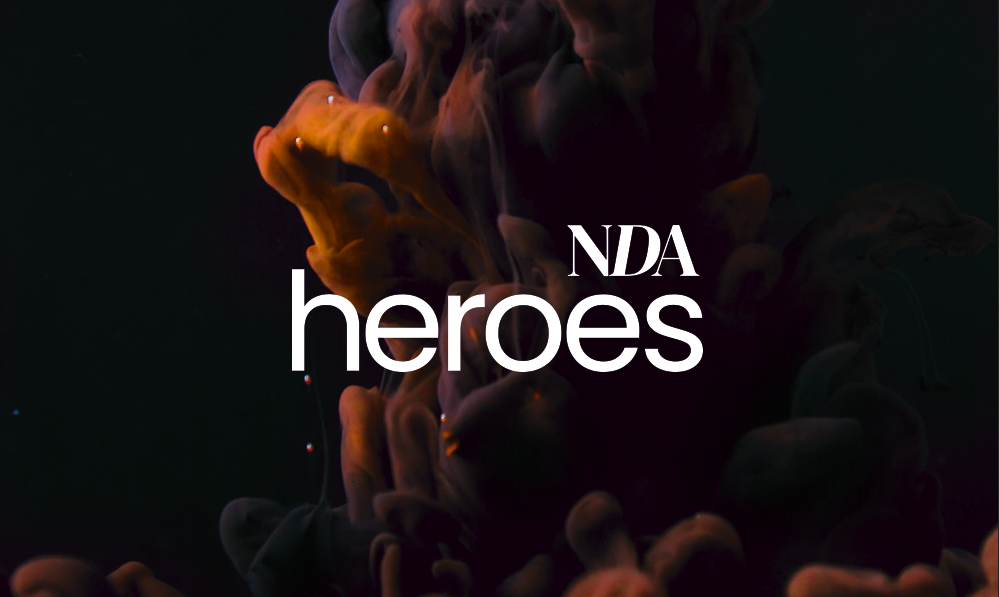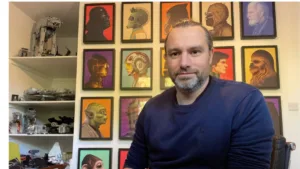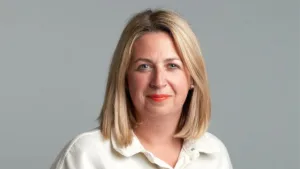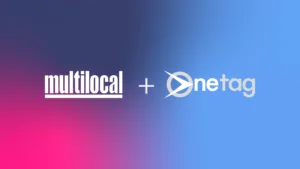The adtech industry talks a very good game about the importance of diversity but the issue is so endemic that its actions often don’t follow suit.
When we launched our awards scheme, NDA Heroes, our aim was to make the process as democratic as possible. With no entry fee and the final winners decided by public vote, we wanted to remove any barrier to entry. We even encouraged people to nominate themselves.
We just wanted to follow NDA’s focus on celebrating the brilliant people who make up this industry
So why did we end up with an all-male shortlist in one of its top categories, the Adtech Hero of the year?
It certainly wasn’t the fault of our amazing judges, who were judging their randomly allocated entries purely on merit, with no knowledge of the overall gender split of entrants.
The other five category shortlists were evenly split across men and women, it’s only the, arguably more prestigious category of Adtech Hero, where men turned out to be dominant. And why? Because only a small percentage of entries actually nominated a woman.
Writing about the problems of diversity in this industry as a white man is often problematic but as edior of NDA, the truth behind the rhetoric is as often startlingly clear.
Take one recent, and far from unique, example of this. When I turned down a, very good, opinion piece because we were overburdened with similar articles from men, the reaction was, “In that case, we could attribute it to the women who actually wrote it”.
The belief that it’s men who have the authority for such thought leadership, not women, is why over 80% of the opinion articles submitted to me are attributed to men.
Is it the same engrained, almost subconscious belief that led to so few women being nominated for our Adtech Hero category in our new awards?
Like the companies that submit male-authored articles, there is no doubt that the respective company or PR person submitting the nomination is fully aware of the issue of a lack of diversity and only wishes to celebrate the brilliance of the individual nominated.
But it’s just another stark reminder that the problem is far deeper rooted than a glance at the industry headlines may suggest.
So, what are we going to do about it?
Certainly not by imposing diversity quotas on entries to award categories. The whole point of judging purely on merit runs counter to this.
But if not enough women are even being put forward for nomination, we need to work even harder to play our part.
NDA already partners with the brilliant Women in Programmatic Network. We already run, in association with Amy Kean, our Practice Makes Unperfect programme to help women find and finess their public voice.
But we know we need to do more and will work with an even broader range of partner organisations to encourage more women to put themselves forward for all categories of our awards.
We thought that our measures to ensure a democratic process for all were enough but no one could be happy with an all-male shortlist, no matter how democratically decided upon.
We’ll be a proactive as we can to stop this happening again but we’d also call on the industry to be as proactive in pushing forward their incredible female talent as it is for their male colleagues.









